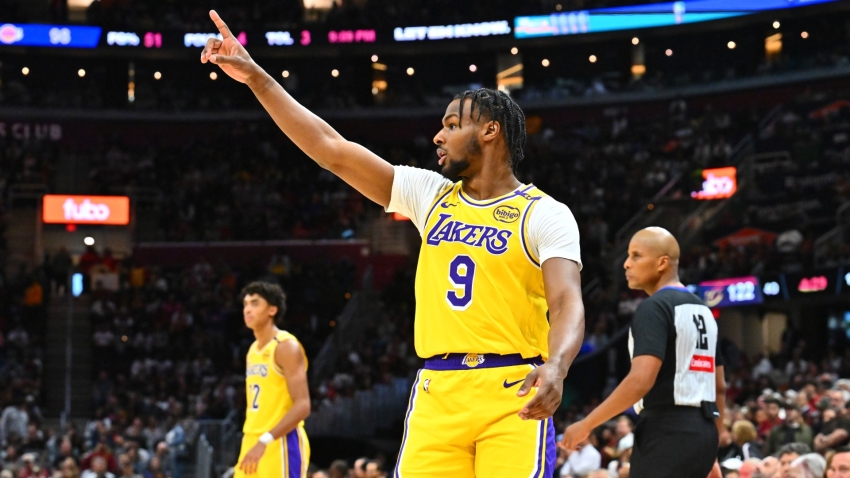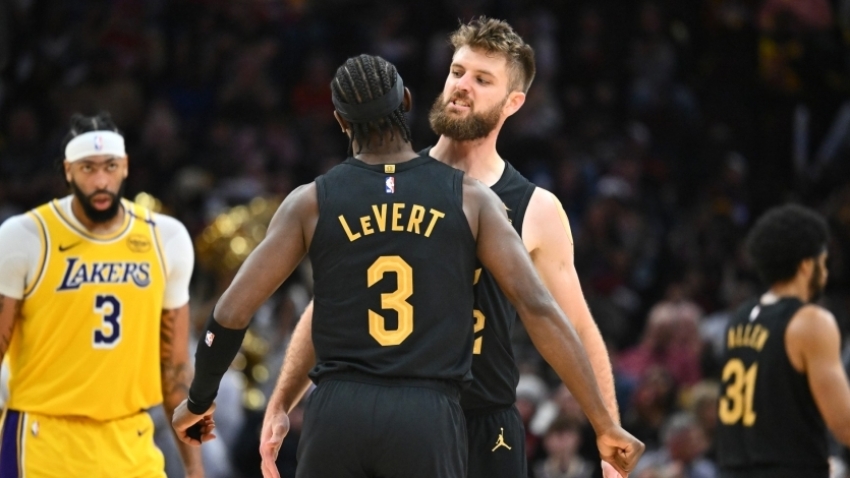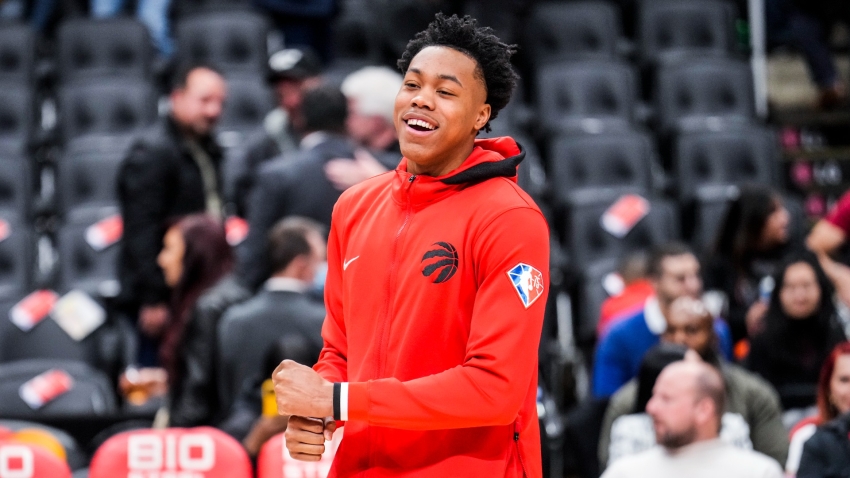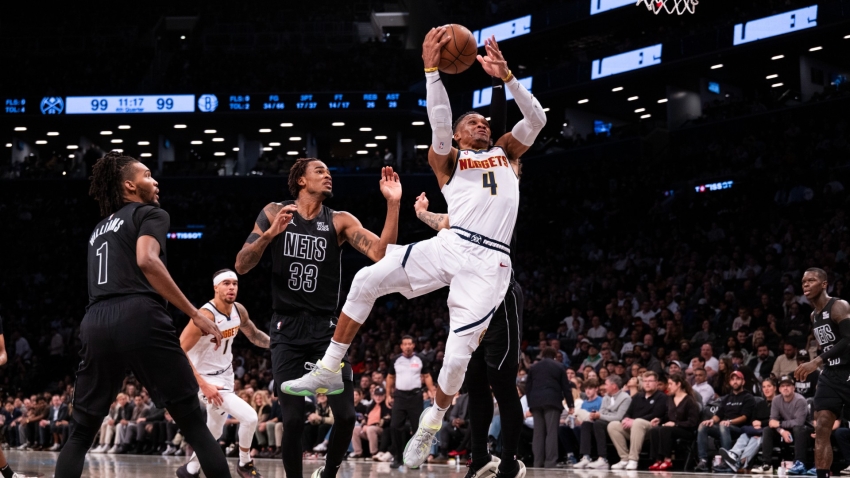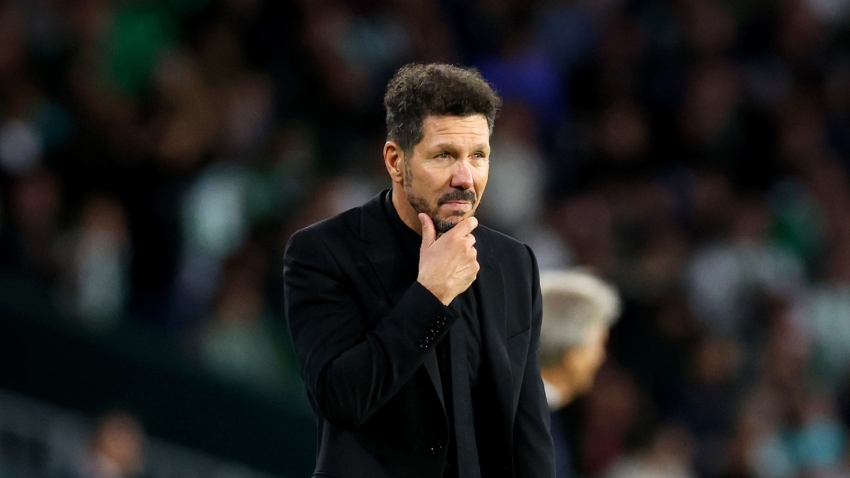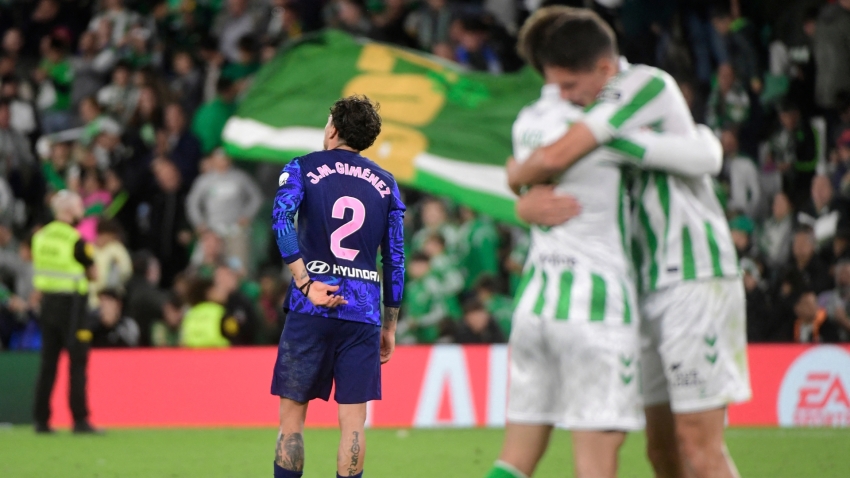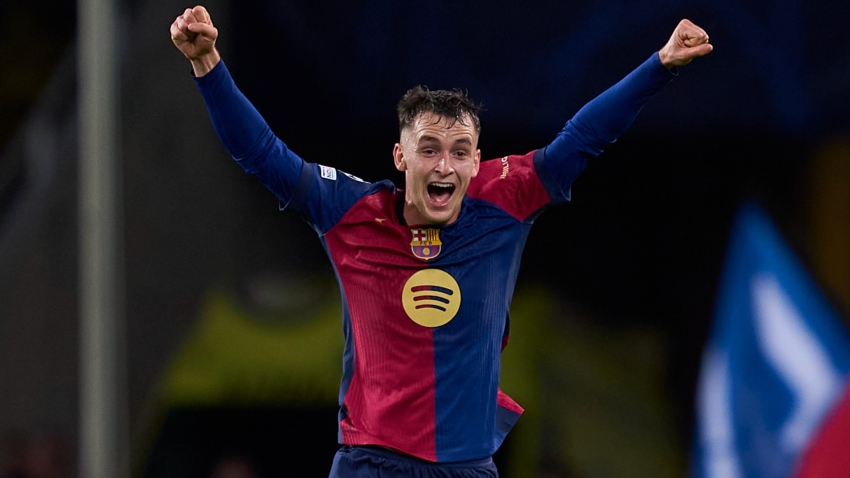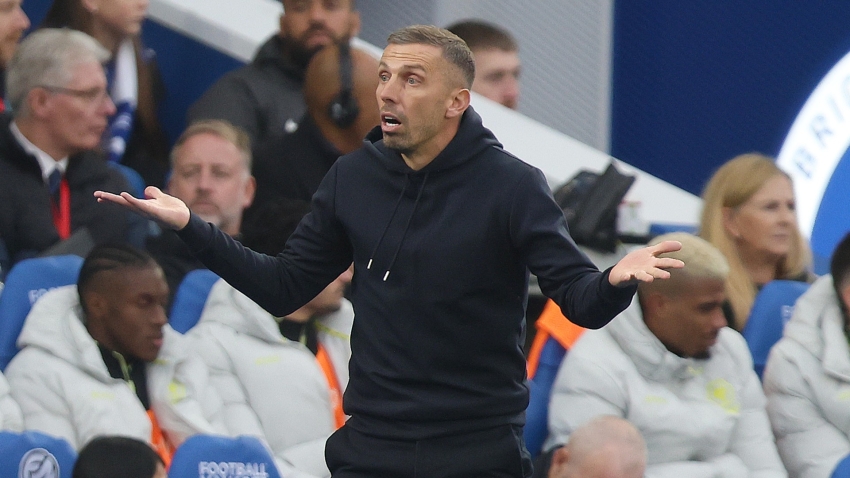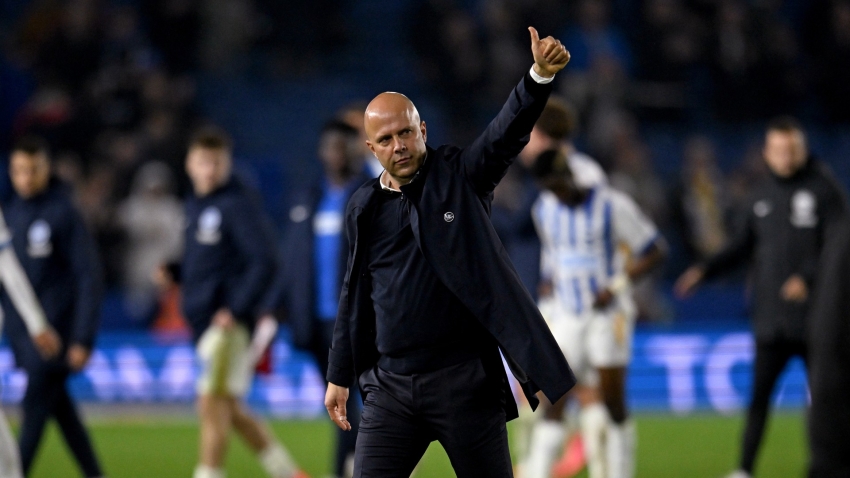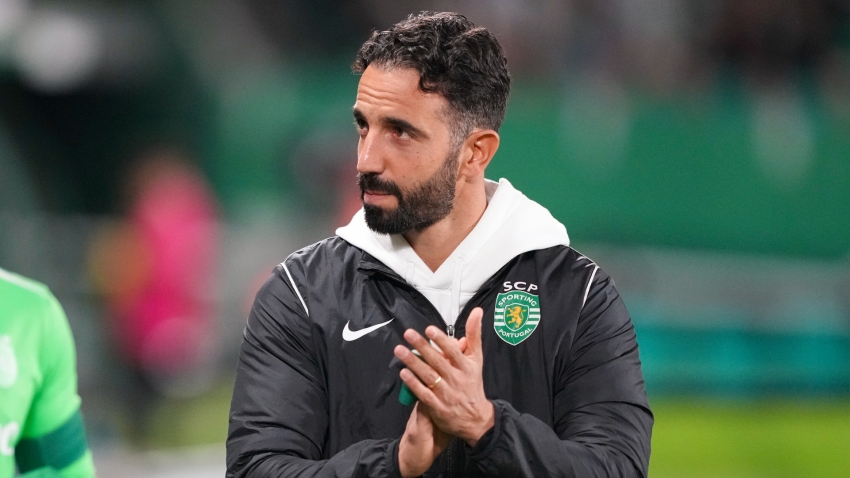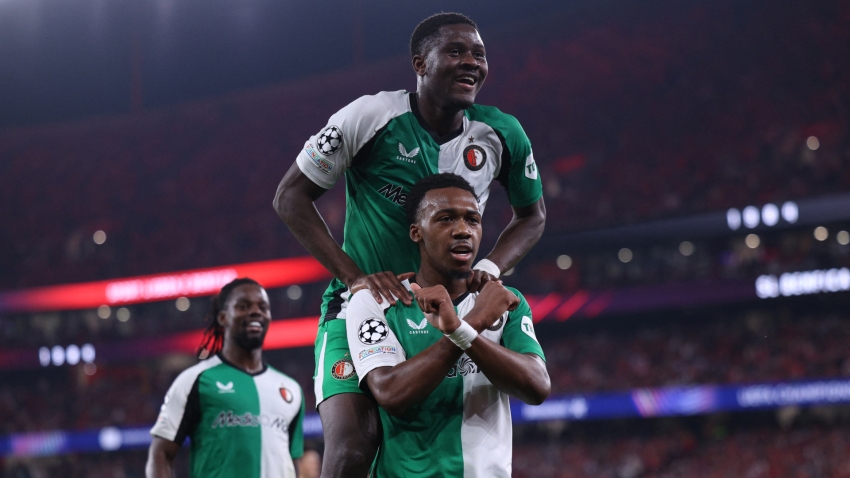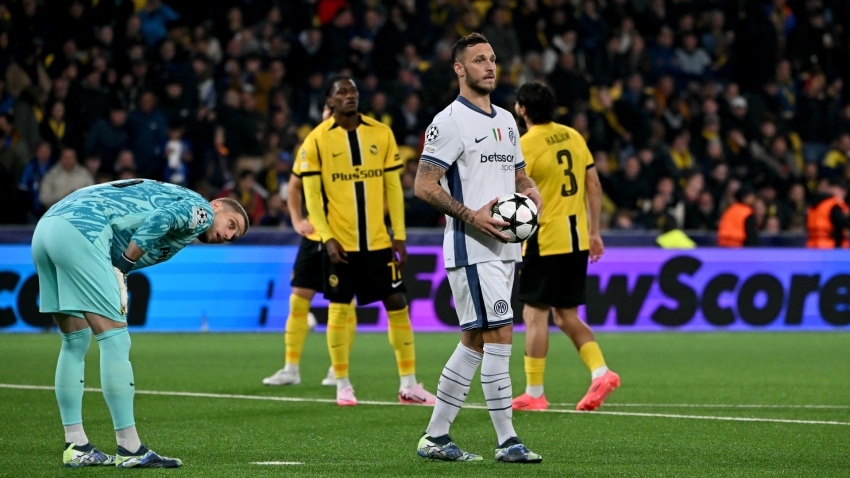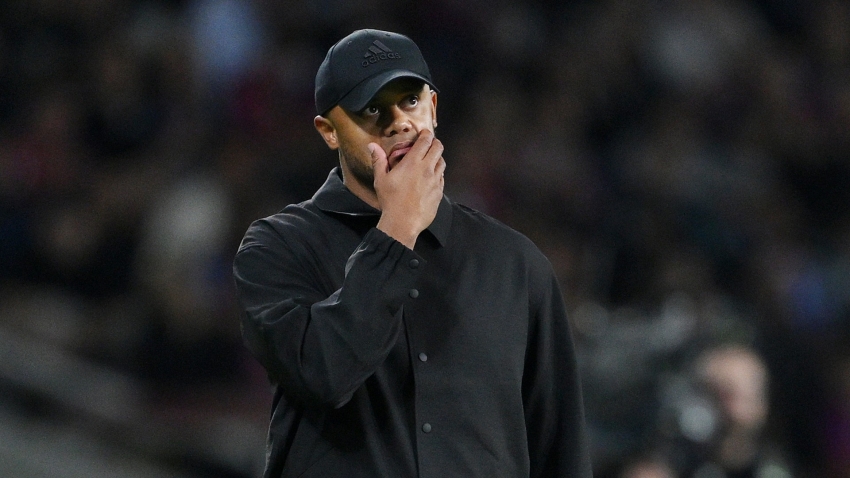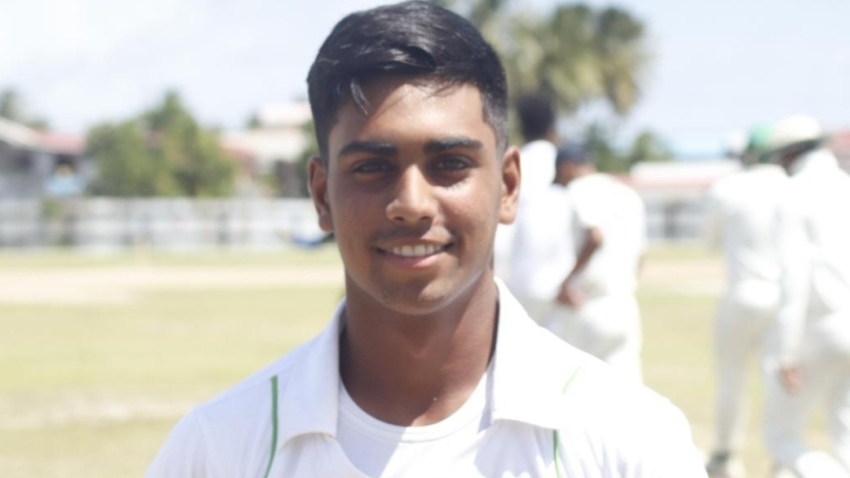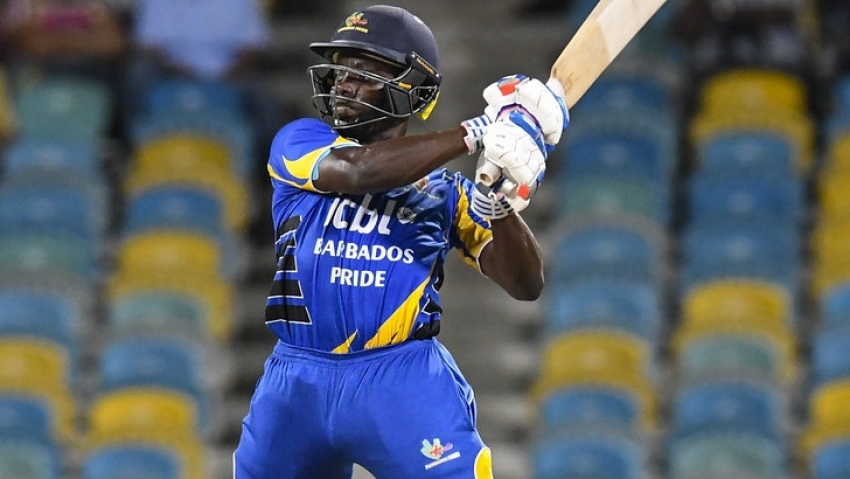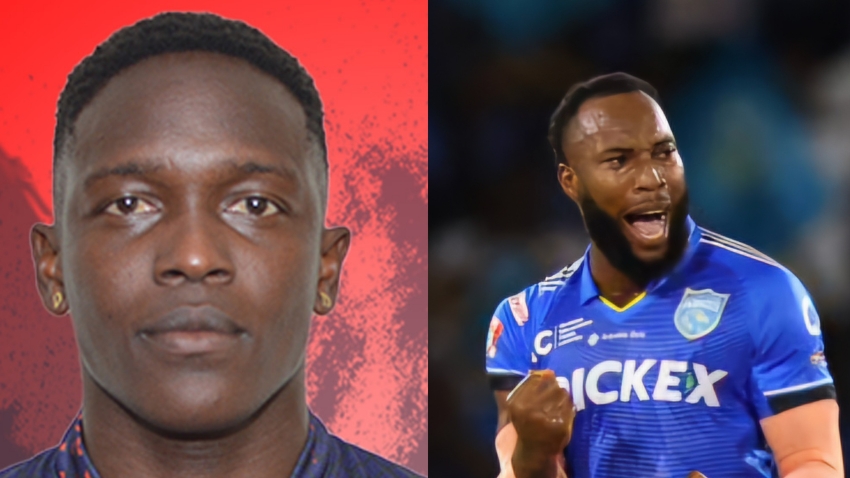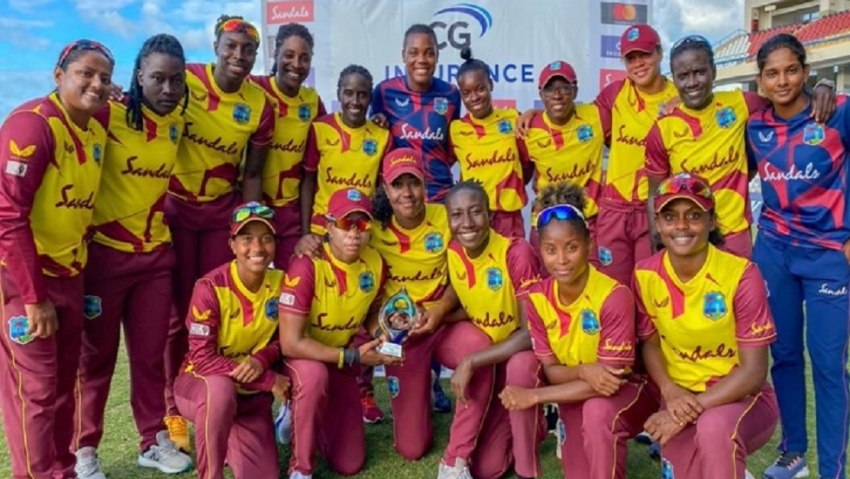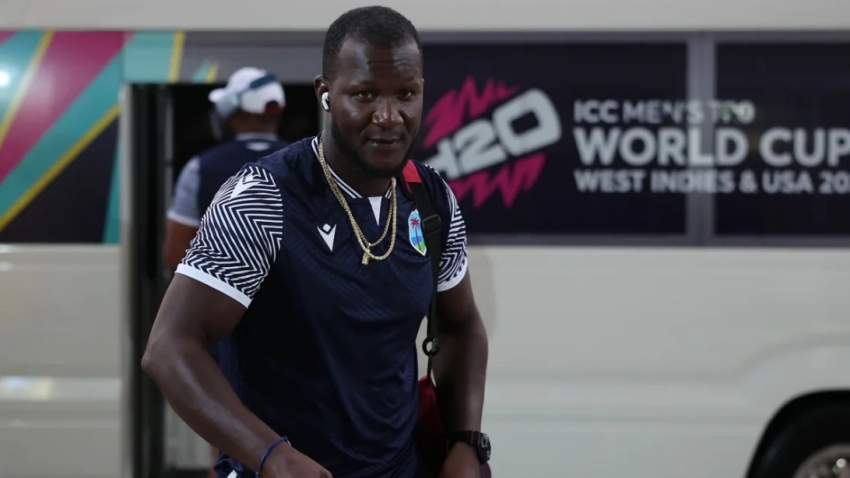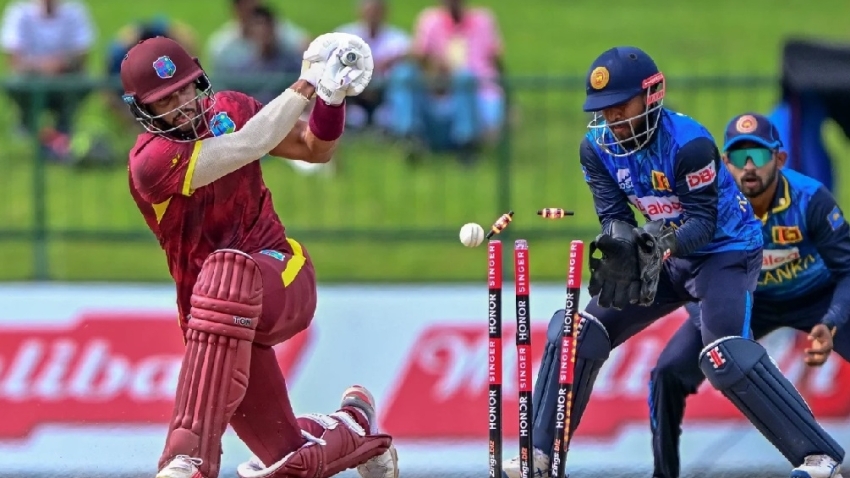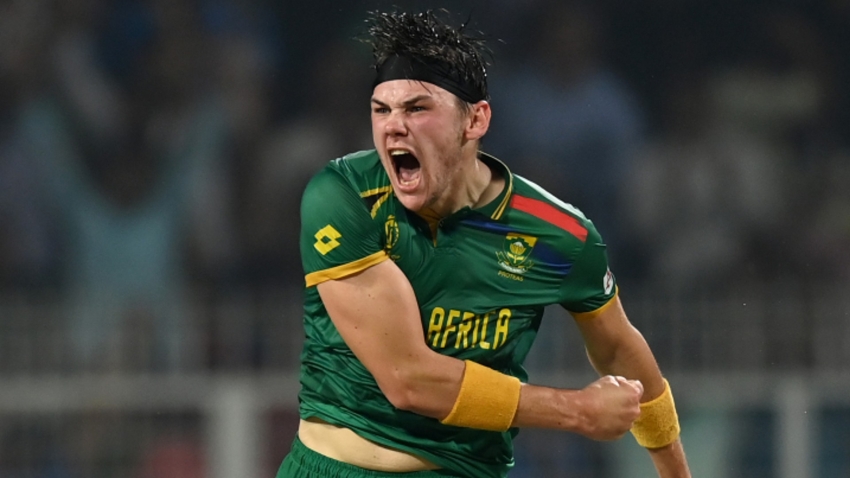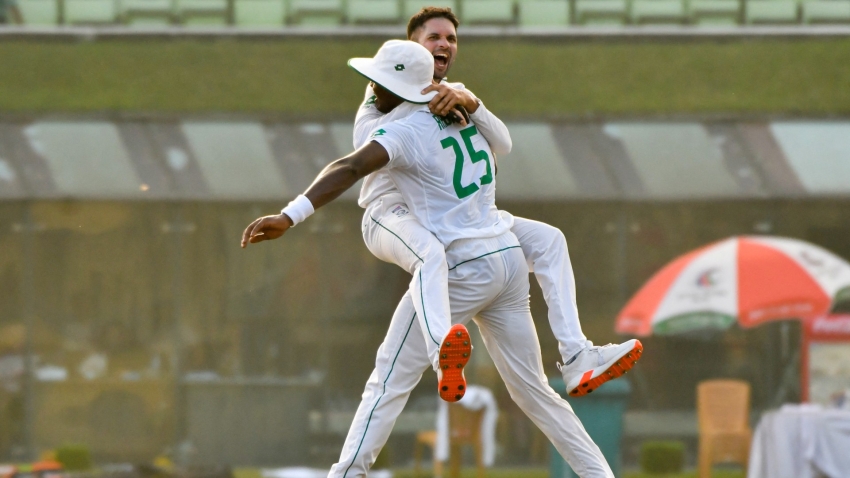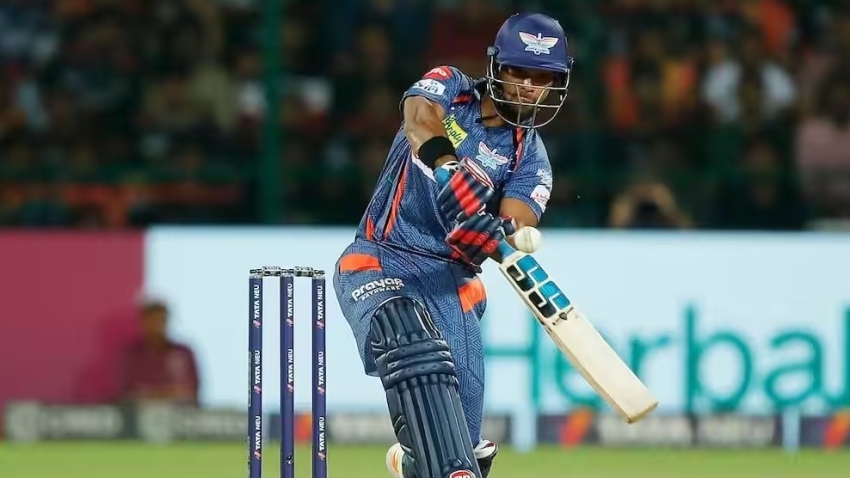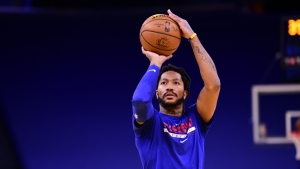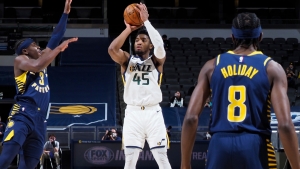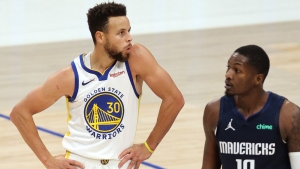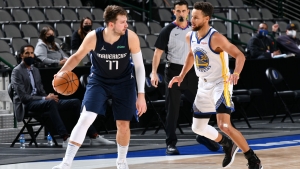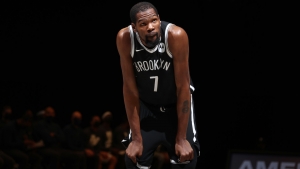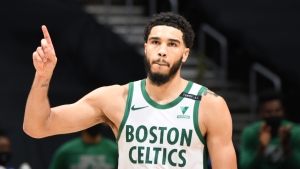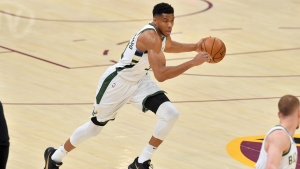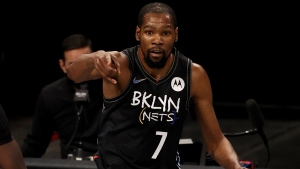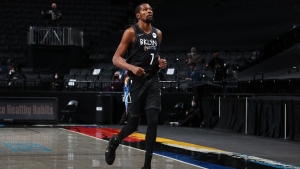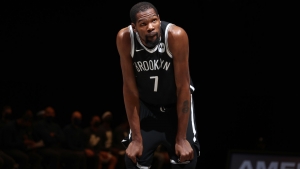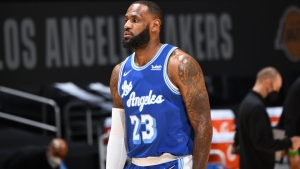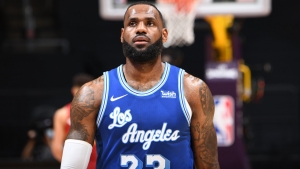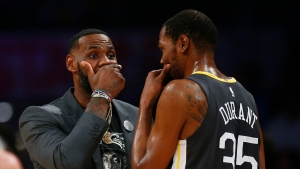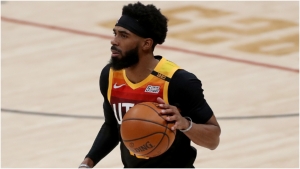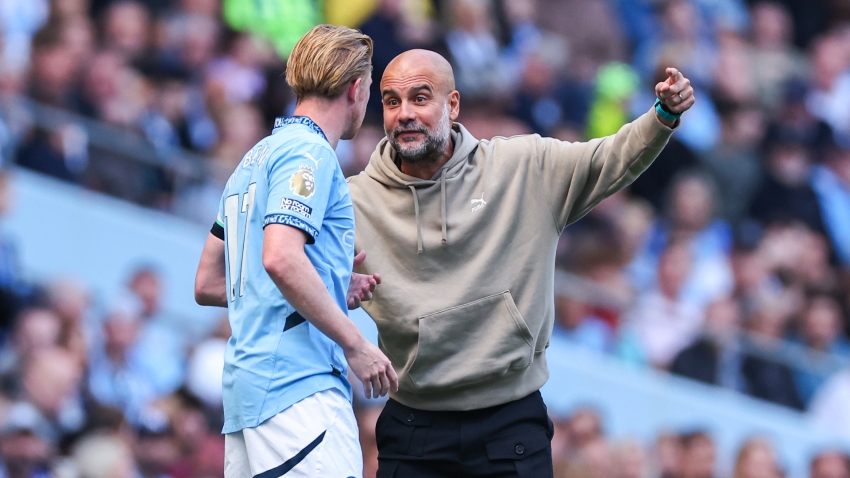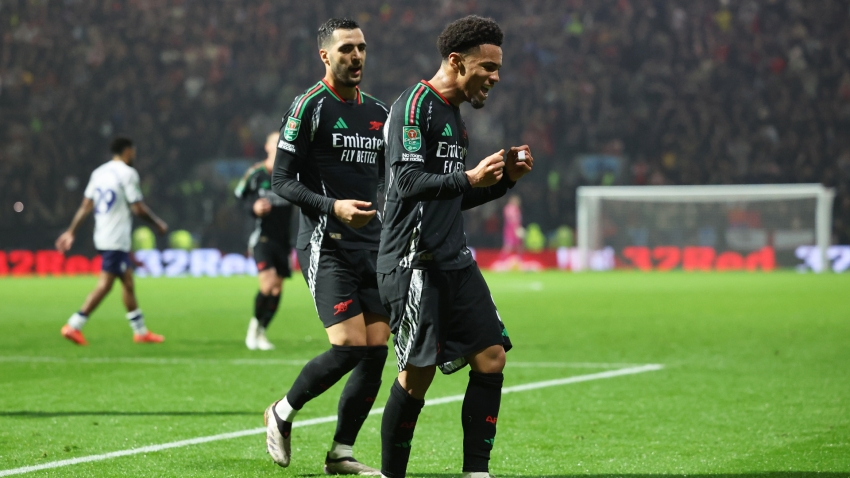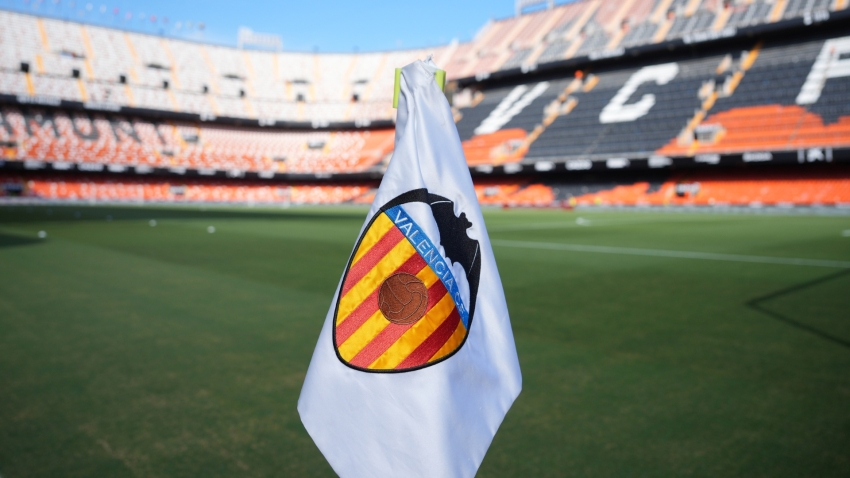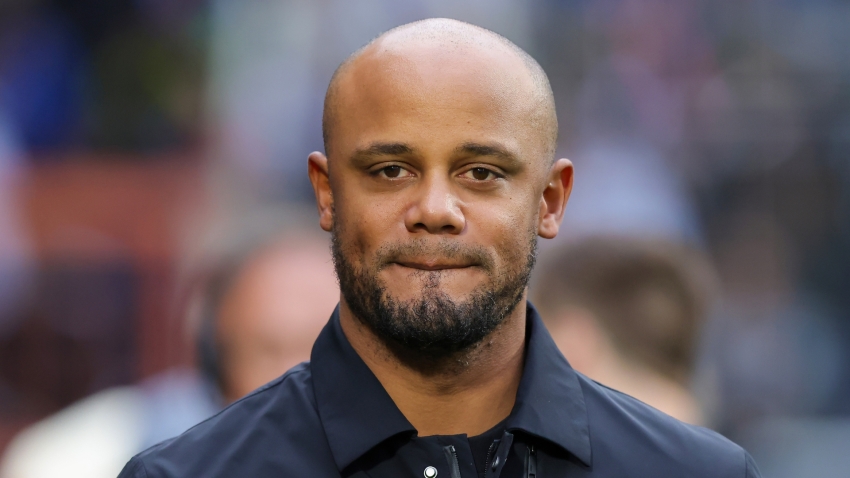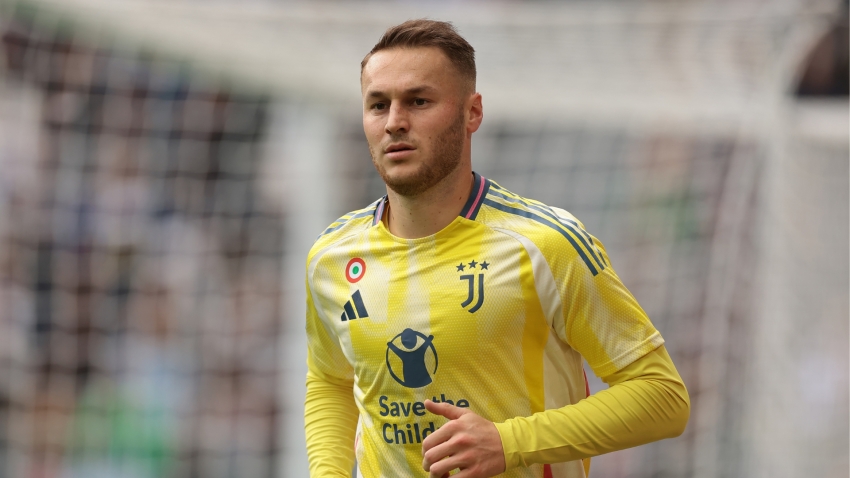It wasn't the most celebrated or impactful trade of the Summer of 2019 – the newest gold banner that is waiting to be unveiled at the Staples Center answers that question.
Still, when browsing the current state of affairs in the Western Conference, it's hard to deny the significance of another deal that went down shortly after the franchise-defining blockbuster that landed Anthony Davis alongside LeBron James in Los Angeles and shifted the balance of power within the NBA.
With the aftershock of the Davis deal still reverberating, the Memphis Grizzlies were making a more under-the-radar move to set their own new course. Just days after the gigantic trade, Memphis sent the franchise's all-time leading scorer and arguably most popular player, Mike Conley, to the Utah Jazz, formally closing the door on the moderately successful 'Grit and Grind' era of the previous decade.
It's fair to say the trade is working out quite well for both teams, though. The Jazz presently sport the NBA's best record at 16-5 with Conley superbly manning the point following a somewhat trying first season in Salt Lake City. The Grizzlies currently stand as the surprise leader of a suspect Southwest Division and are seemingly well ahead of schedule on a rebuilding plan young general manager Zach Kleiman has so far orchestrated with a master stroke.
Memphis' swift rise to respectability was hard to see coming, and neither was the considerable effect so far generated by a trade centered around a player who has never made an All-Star team in 13 NBA seasons. That may change in Conley's 14th, however. The 33-year-old has been a major force on both ends of the court in what has been a terrific bounce-back campaign to date, as his 124.2 offensive rating is the highest of his career and his 2.35 steals per 48 minutes is his best mark since making the NBA All-Defensive Team in 2012-13.
Perhaps most importantly, however, is how the Jazz have performed with Conley on the court as opposed to him off it. The veteran point guard's plus-minus rating of 11.0 per game trails only Clippers star Kawhi Leonard for the best in the league among players averaging at least 15 minutes per outing and who have appeared in at least half of their team's games, and the following chart illustrates how much better Utah has been when Conley is on the floor:
JAZZ, WITH/WITHOUT MIKE CONLEY ON COURT, 2020-21
With/Without stats (/100 = per 100 possessions)
Points/100: 116.5/108.8
Opp Points/100: 99.9/113.8
Point Diff/100: +16.6/-5.0
FG Pct: .470/.444
Opp FG Pct: .427/.475
Turnovers/100: 13.4/16.6
Conley's presence also allows Donovan Mitchell, Utah's leading scorer and their highest usage player, to play more off the ball where he is most effective, as the numbers demonstrate:
DONOVAN MITCHELL, WITH/WITHOUT MIKE CONLEY ON COURT, 2020-21
With/Without stats (/100 = per 100 possessions)
Points/100: 35.0/32.9
Rebounds/100: 6.8/5.5
Assists/100: 5.4/8.1
Turnovers/100: 3.5/5.7
FG Pct: .451/.409
3-Pt Pct: .446/.343
With Conley playing at an elite level and a pair of All-Stars in Mitchell and two-time NBA Defensive Player of the Year Rudy Gobert, the question can now be raised: Have the Jazz finally achieved the status of a legitimate challenger to the West's upper crust after four years of consistently winning in the regular season but never seriously threatening in the playoffs?
Quite possibly.
The Jazz are the only team that currently ranks in the NBA's top five in both offensive and defensive rating. They have never finished a season higher than ninth in the former category under coach Quin Snyder, but there is reason to believe this team differs from its predecessors. It has been hitting 3-pointers at a historic rate (16.9 per game) with both impressive efficiency (39.8 percent) and variety. Six of the Jazz's top seven scorers are shooting better than 38 percent from beyond the arc while taking at least four attempts per game, the most in the league.
Only one team in NBA history has shot 40 percent or better from 3-point range while making 12 or more 3s per game, and that is the 2015-16 Warriors that set an NBA record with 73 regular-season wins. Granted, there are three other teams that currently fall under that category this season, and they are all pretty good as well: The Clippers, Bucks and Nets.
So, we have discussed how the Conley trade has benefited the Jazz. How about the Grizzlies, who received Jae Crowder, Kyle Korver, Grayson Allen, a 2019 first-round pick and a future first-rounder in the deal?
Korver was immediately traded to Phoenix in a swap that brought back De'Anthony Melton, Memphis' best wing defender, and a 2020 second-round pick that turned into center Xavier Tillman, who has quickly emerged as a solid rotational piece as a rookie.
Crowder was later shipped to Miami, with capable veteran Gorgui Dieng and the still-injured Justise Winslow the return.
Last year's first-rounder was ultimately used on Brandon Clarke, one of only five players from the 2019 class to average 12 points and 5.5 rebounds per game through his first season-plus.
All told, that is five viable contributors (Clarke, Allen, Dieng, Melton, Tillman) and a possible sixth if Winslow can ever get healthy. And Melton may have a chance to be something more than that if he continues to make strides with his still-developing shot.
And we have yet to mention the primary motive for moving Conley, which was to clear a path at the point guard spot for the electric Ja Morant. Though Memphis was able to go 4-4 in the eight games the 2019-20 NBA Rookie of the Year missed with a sprained ankle earlier this season thanks to the enviable depth Kleiman has assembled, there is no question the Grizzlies are a more dangerous team with the 2019 No. 2 overall pick in the lineup.
Here are the numbers to back it up: The Grizzlies average 117.4 points with him, compared to 103.1 in his absence. Their field goal percentage (.479 compared to .451) and 3-point percentage (.381 compared to .331) are also unsurprisingly better, while the turnovers drop by just over one per game (13.5 with him, 14.9 without).
If the Grizzlies could maintain that points-per-game average throughout the season, they would rank third in the league behind only the power-laden Nets and Bucks. Combine it with their other strengths, an opportunistic defense that leads the NBA in steals per game and a rotation that boasts a league-high 11 players averaging 8.0 points or more (min. 50 percent of team’s games played), and it is no stretch to proclaim they will be a formidable playoff foe for any team should they get in – especially if budding star Jaren Jackson Jr. makes it back from the knee injury that has sidelined him all season thus far.
Memphis are still not ready to realistically threaten the league's championship contenders, but there is a lot to like about this team going forward. The Grizzlies have one bona fide star in Morant, a potential second in Jackson and a young and promising supporting cast – most of whom are under contract for at least two more years. They are also set up to be flush in cap space and a potential dark horse player in free agency come the 2021 offseason.
The Grizzlies have the NBA's third-youngest roster, its youngest GM in Kleiman and third-youngest head coach in 36-year-old Taylor Jenkins. It looks like their rebuild is maturing beyond its years , too.


